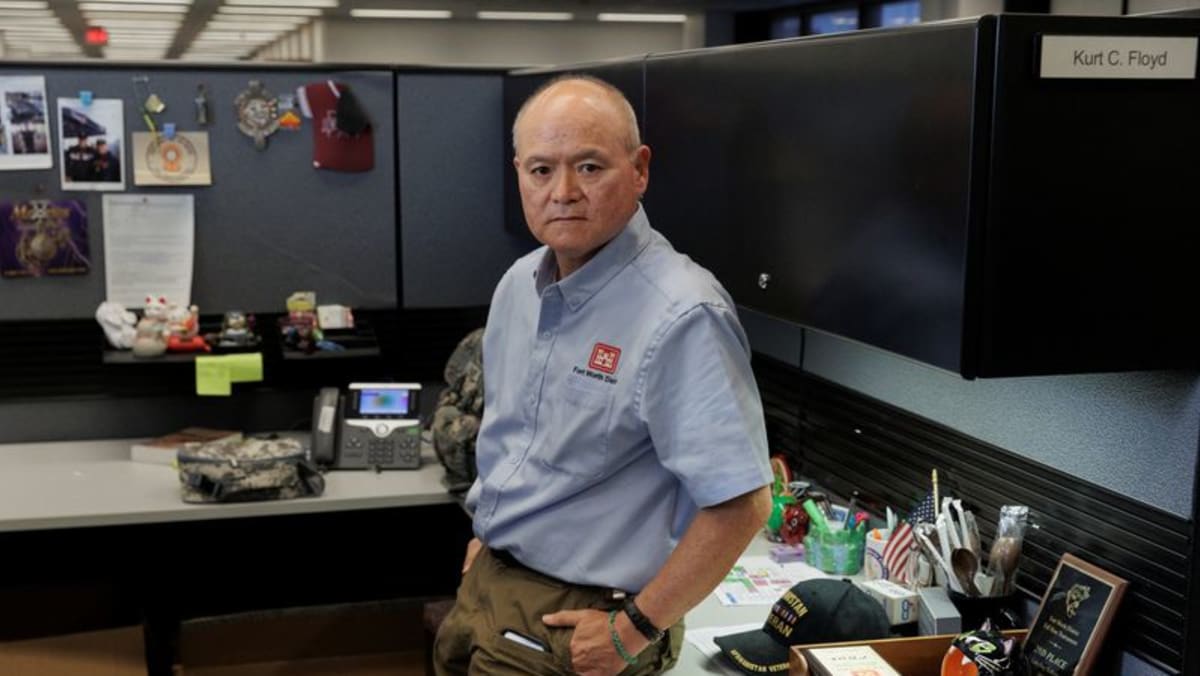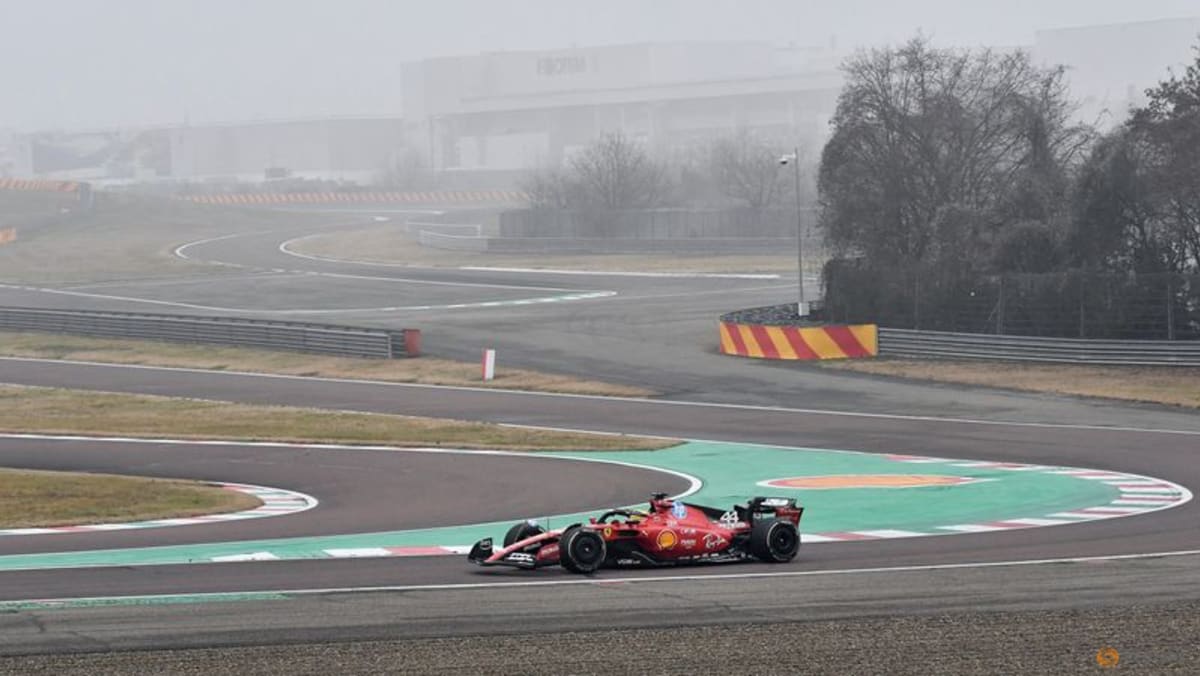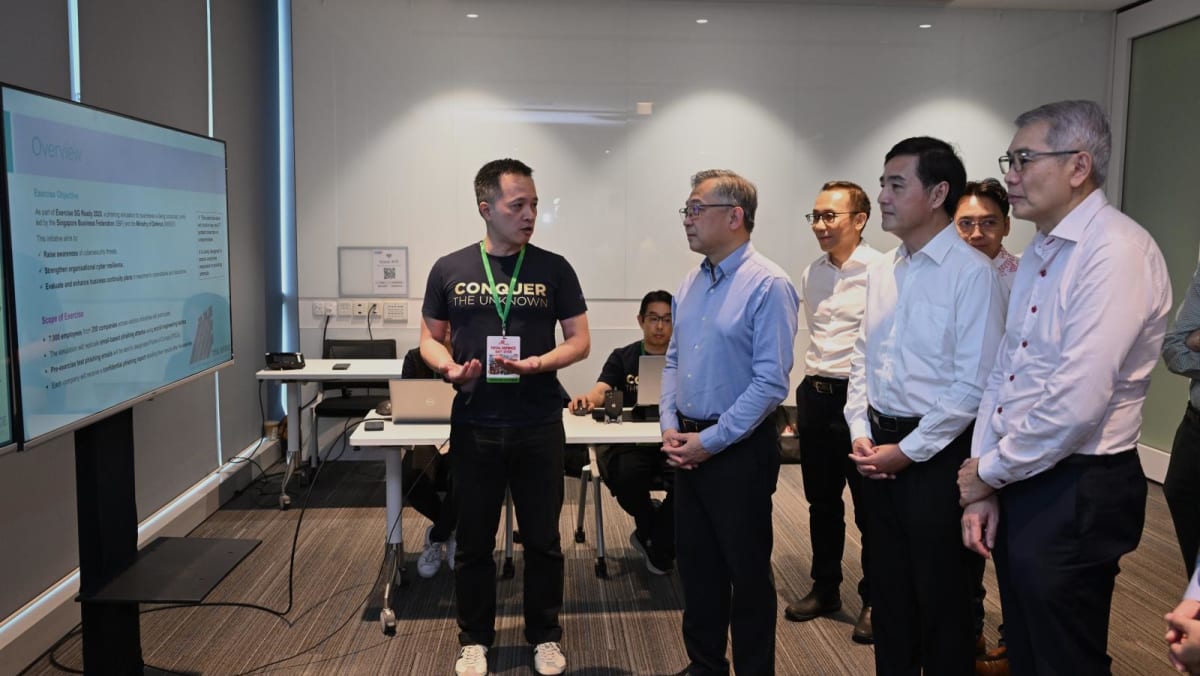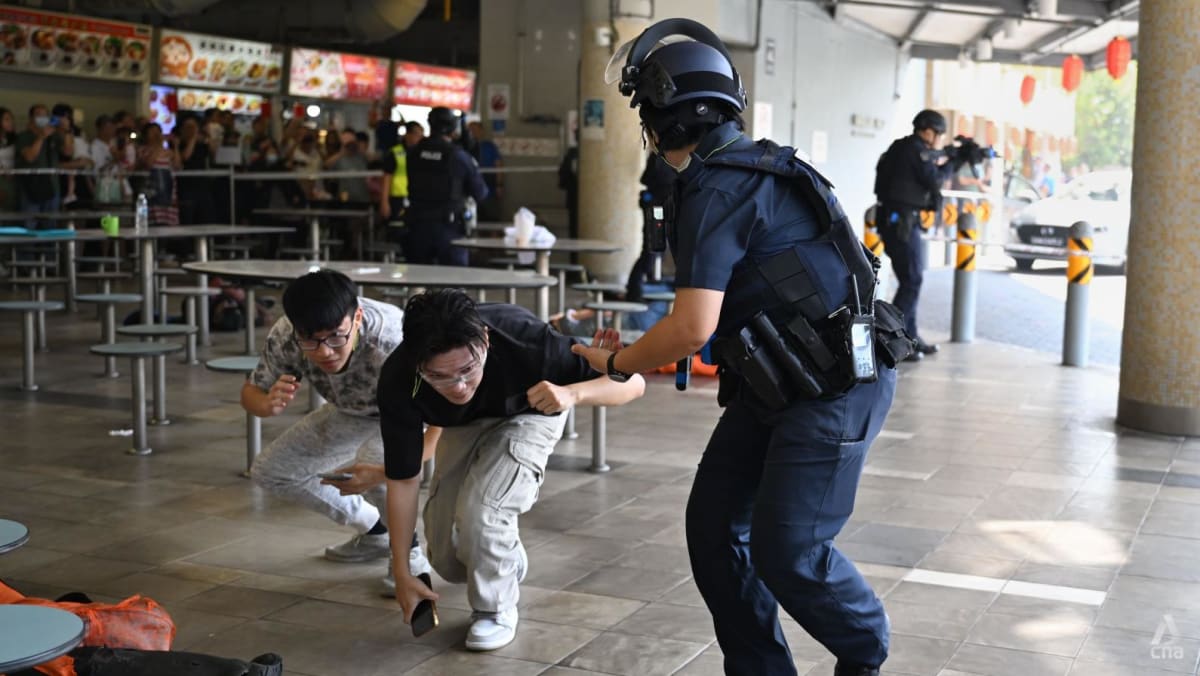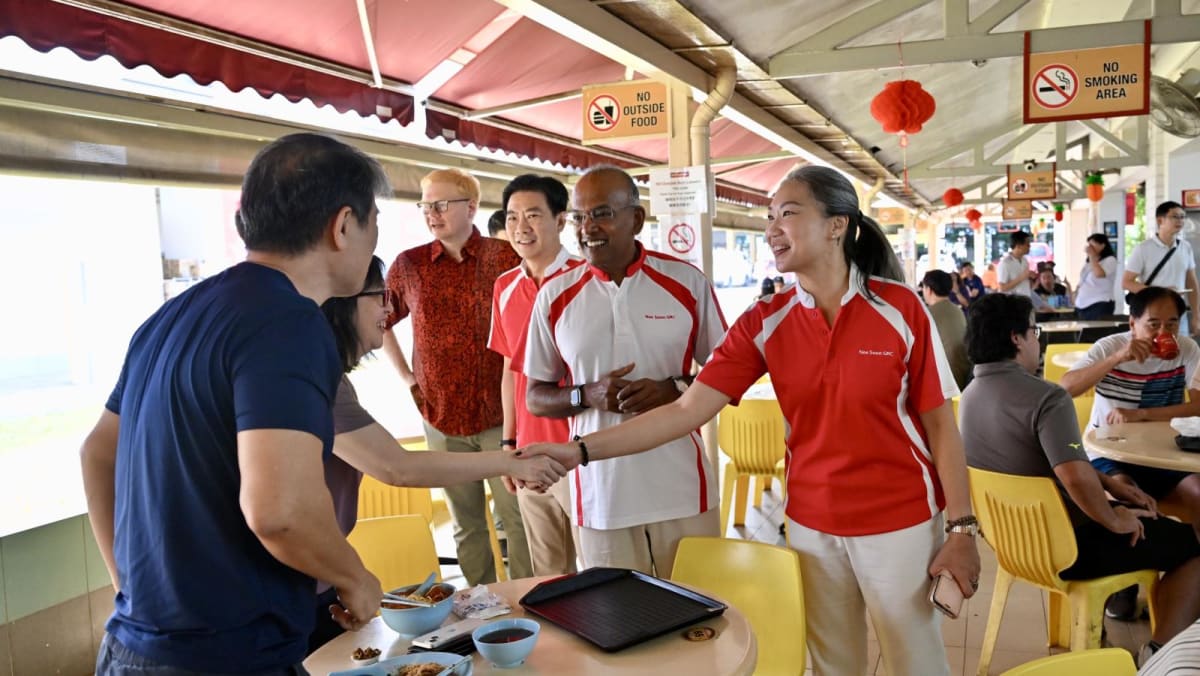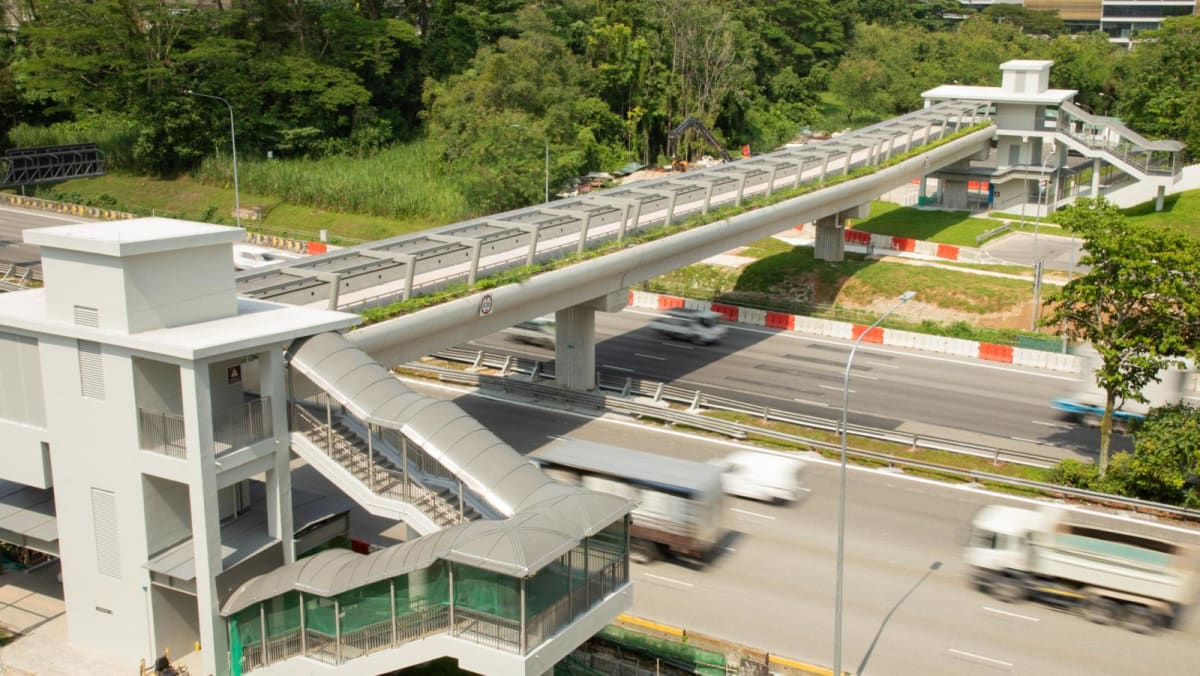Assoc Prof Walid said that at the very least, there should be a moratorium, or a short period of time, that they should not be allowed to contest.
Assoc Prof Tan, the former NMP, agreed, saying that an NMP should only join competitive politics after one’s term has ended and, ideally, sit out for at least one parliamentary term.
“This ‘cooling off’ period would work well for the aspiring politician and the political party concerned,” he said.
“It removes most, if not all, of the concerns whether an NMP had kept faith, in form and substance, with what it means to be an NMP.”
Independent political observer Felix Tan suggested that after an NMP term ends, they should at least sit out the next GE before contesting the following one if they wish to do so.
“That would certainly provide them enough time to ensure that they were not using the NMP scheme for any political gain,” he added.
“NON-PARTISANSHIP IS A JOB DESCRIPTION, NOT REFLECTION OF VALUES”
Meanwhile, former NMP Calvin Cheng, who was in office between 2009 and 2011, disagreed that an NMP should not run for political office.
Mr Cheng, who is a businessman, said that an NMP’s role in parliament should not be confused with their personal values.
“During their time in parliament, NMPs have to discharge their duties as non-partisan, independent parliamentarians – this is a job description,” he said.
“It cannot possibly be the description of a person’s values or psychological makeup.”
He added that no one is “truly neutral or non-partisan”, and that everyone has their own political biases.
“When NMPs are asked to be non-partisan in parliament, it merely means two things: One, (that) they have to put aside their own political bias and vote independently (and) second, they are not under any political party whip,” he said.
“If an NMP then chooses to run for political office after, it doesn’t mean that when he was an NMP, he did not discharge his duties faithfully.”
However, Dr Tan, the observer, said that while everyone has political leanings, this is different from “intentionally joining a political party when given the advantage of being an NMP”.
“This still calls into question one’s integrity and whether they have used the NMP scheme as a stepping stone to give them any advantage,” he reiterated.
COULD THEY RUN AS INDEPENDENTS?
Theoretically, the resigned NMPs could also run in an election as independent candidates.
This is not unprecedented. Former NMP Chia Shi Teck, who was in parliament between 1992 and 1994, stood as an independent candidate in the Chua Chu Kang single member constituency in the 1997 GE, garnering 14 per cent of the vote.
Dr Tan said that by running as independent candidates, the individual would “ensure that they keep their integrity as being non-partisan, which was why they first joined as NMPs”.
However, he thinks this is unlikely.
“Realistically speaking, in Singapore, without any party support in any form, they will not likely win sufficient votes,” he said.
Agreeing, Assoc Prof Tan said the coordinated resignations of both NMPs point towards “something that has been in the works for some time”.
“The choices made by both men to vacate their NMP seats probably would not have been taken without the firm assurance of a larger platform to serve,” he said.
